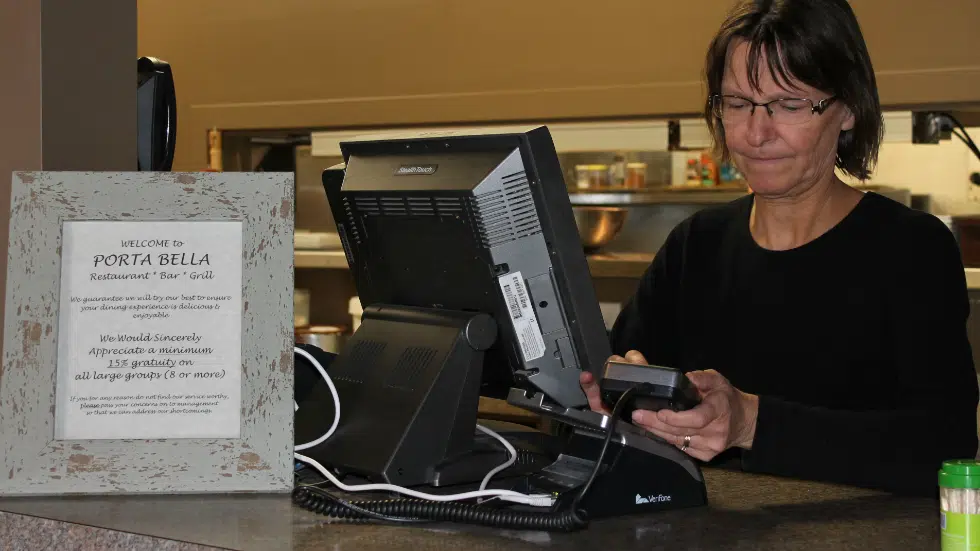
Expansion of PST hurting local businesses
North Battleford and area businesses will feel the crunch with the province’s budget announcement that PST will not only increase to six per cent, but it also will now be applied to more purchases.
The Provincial Sales Tax is payable by businesses and individuals who purchase taxable goods or services in Saskatchewan, or who import taxable goods or services for consumption or use in the province. The increase from five per cent to six per cent will likely have some impact according to local business owners.
At Porta Bella Restaurant in North Battleford, owner Stacey Caldwell is not overly concerned that PST will increase starting April 1, since it is only a small top up, however she is upset more items will be subject to PST, including meals at restaurants, which were previously exempt.
“I’m not very happy,” she said. “Time will tell. I’m still digesting it all.”


